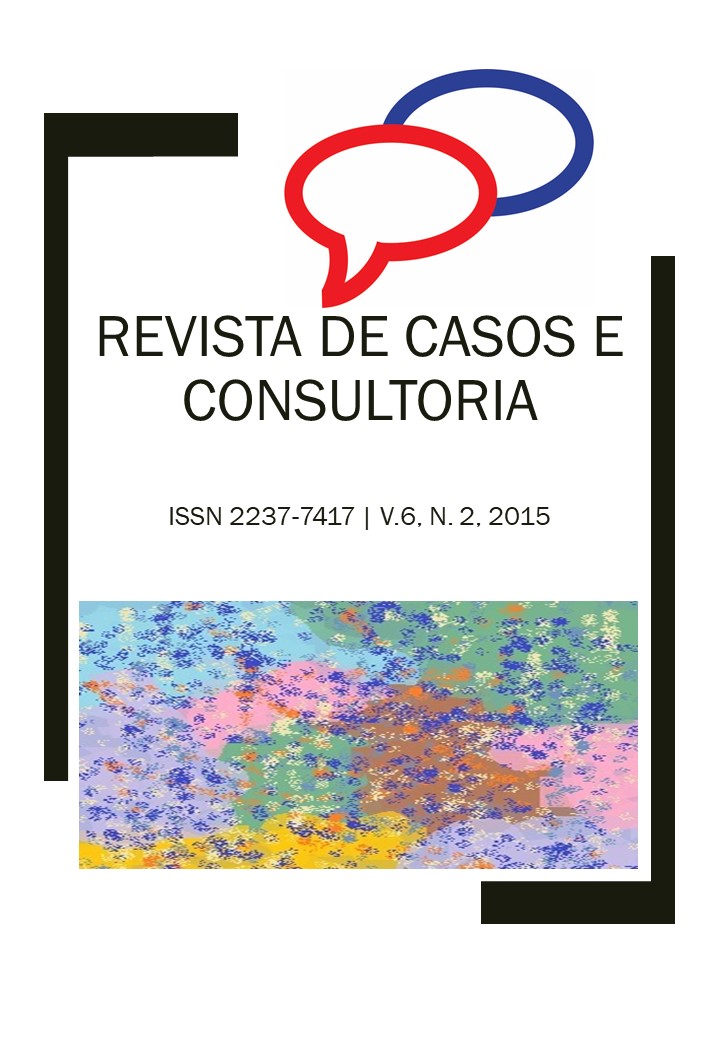POLITICS AND SOCIETY ON THE TRANSVERSAL ROADS OF LATIN AMERICA: NEOLIBERALISM AND POSIBERALISM? (1980-2014)
Keywords:
Latin America. Social Movements. Government of the Left. Multilateral Organizations.Abstract
Understanding the problems of social movements in Latin America, the work of the left or center-left, the emergence of multilateral organizations, and their influence in Latin American countries are important to understand a little more about the current historical, economic and social context, as well as the policies were designed in these countries. It is a complex scenario, marked by strong changes, where the facts occur simultaneously. Neoliberalism arises in order to reduce the role of the state, but this accentuates social inequalities, raises unemployment rates, increases the criminalization of social protest, and dictates what each country should specialize in the name of a so-called structural reform . The social struggles were intense and the left comes to power, but undergoes changes in some countries takes a center-left stance, but that is not everything, because the multilateral organizations despite giving in to the pressures of social movements, within the scope of social policies they still interfere with other policies as we can verify in the case of Brazil with the Basic Education Program for the North and Central West Regions (Monhangara Program), which was one of the projects financed by the World Bank. These are some elements that are present at the crossroads of Latin America living a post-liberal policy.
Downloads
References
Arditi, B. (2009) “El giro a la izquierda en América Latina: ¿Una política pos liberal?”, en CiênciasSociaisUnisinos 45(3):232-246, septiembre/diciembre.
BRASIL. Acordo de empréstimo (Projeto de ensino básico urbano para as regiões norte e centro-oeste) entre república federativa do Brasil e banco internacional para reconstrução e desenvolvimento. Brasília, DF, 1984.
CASTAÑEDA, J. Latin America´s Left Turn. Foreign Affairs, 2006.
CERVO, A L.; BERVIAN, P.A Metodologia científica. 4.ed. São Paulo: Makron Books, 1996, 90p.
FAGNANI, Eduardo. O desmonte do Projeto de Estado Social. Entrevista concedida a Muito Mais – Revista Eletrônica, em 12 de setembro de 2005.
FIGUEIREDO, I. Z. A construção da centralidade da educação básica. In: LOMBARDI, J. C.; SAVIANI, D.; NASCIMENTO, M. I. M. (Org.) Navegando pela história da educação brasileira. Campinas-SP: Graf.FE: HISTEDBR, 2006, V. 01, P. 01-13.
FIORI, J. L. Brasil no espaço. Petrópolis: Vozes: 2001.
GIL, A. C. Como elaborar projetos de pesquisa. 5 ed. São Paulo: Atlas, 2010.
PARO, V. H. Administração escolar: introdução crítica. São Paulo: Cortez: Autores Associados, 1986.
___________. Escritos sobre educação. São Paulo: Xamã, 2001a.
PETERSEN, A. T. T. O papel dos organismos multilaterais na definição das políticas sociais brasileiras a partir dos anos noventa. In: GUIMARÃES, G. T. D.; EIDELWEIN, K. As políticas sociais brasileiras e as organizações financeiras internacionais. Porto Alegre: Edipucrs, 2010.
REIS, C.N. et al. Ajuste fiscal e gastos sociais no brasil: a estabilidade em detrimento da equidade a partir das influências do fmi e do banco mundial. In: GUIMARÃES, G. T. D.; EIDELWEIN, K. As políticas sociais brasileiras e as organizações financeiras internacionais. Porto Alegre: Edipucrs, 2010.
SCAFF, E. A. S. Diretrizes do banco mundial para inserção da lógica capitalista nas escolas brasileiras. In: PARO, V. H (Org.). A teoria do valor em Marx e a educação. 2.ed. São Paulo: Cortez, 2013.
SOARES, L. T. Os custos sociais do ajuste neoliberal na américa latina. São Paulo: Cortez, 2000.
SVAMPA, M. (2006) “Movimientos sociales y nuevo escenario regional: las inflexiones del paradigma neoliberal en américa latina”, Sociohistórica, nº 19/20.

 Português (Brasil)
Português (Brasil) English
English Español (España)
Español (España)